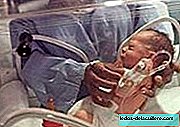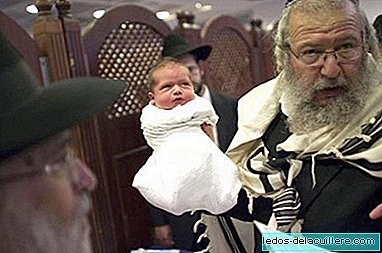
After studying more than five thousand children between October 2005 and April 2007 in which 37 Spanish hospitals participated, data on respiratory syncytial virus (RSV) infection and infants emerged. They emphasize that premature babies born between weeks 32 and 35 of pregnancy are 3.11 times more likely to experience RSV and be hospitalized.
The FLIP-2 epidemiological study conducted by the IRIS Group of the Spanish Society of Neonatology (SEN), also shows that there are three risk factors influencing the risk of this infection, the birth of the baby between July 15 and 15 December, have a little brother of school age or that the baby himself goes to daycare and finally, that the mother has smoked while pregnant.
They warn about the consequences that the respiratory syncytial virus can cause, it is increasingly evident that it can cause problems of bronchial hyperreactivity or asthmatic symptoms in childhood. Obviously, if babies born between weeks 32 and 35 of pregnancy have higher risks of suffering from this infection, those born with less than 32 weeks also have great risks, since their immune system is not as developed as that of babies born to finished.
The RSV causes 25,000 emergency consultations and 15,000 hospitalizations, and is the main cause of serious diseases in the small airways, such as bronchitis or pneumonia.
The Spanish Society of Neonatology affirms that the ideal is to protect children by providing antibodies that stop the activity of the virus through an intramuscular injection during the months in which it most affects, from October to April.











